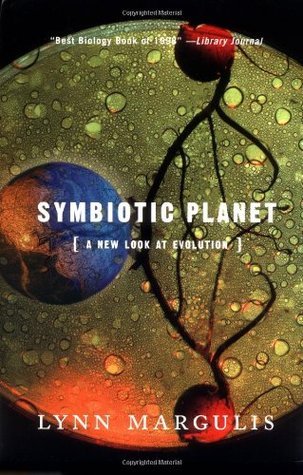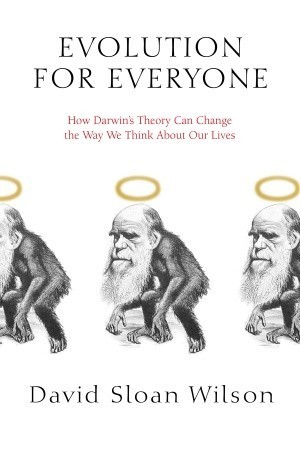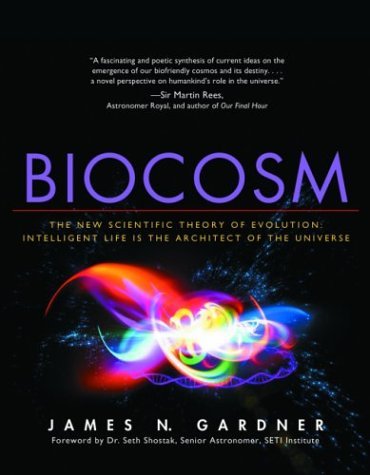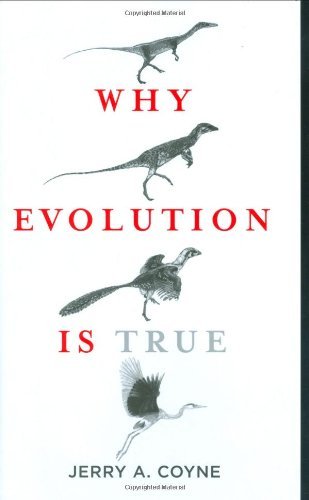
Symbiotic Planet: A New Look at Evolution
Book Description
What if evolution isn’t just a battle for survival, but a dance of collaboration? In "Symbiotic Planet: A New Look at Evolution," Lynn Margulis unveils a radical vision of life's interdependence. Prepare to challenge everything you thought you knew about evolution, as the book reveals stunning connections among organisms—from microbes to mammals—that blur the lines between individuality and community. With mind-bending insights and vibrant depictions of nature's intricate web, Margulis invites readers to witness the profound power of cooperation. Could it be that our understanding of life itself hinges not on competition, but on the bonds we share?
Quick Book Summary
"Symbiotic Planet: A New Look at Evolution" by Lynn Margulis challenges the conventional view of evolution as a relentless struggle for survival, offering instead a vision of life as a tapestry woven from cooperation and interdependence among all forms of organisms. Margulis delves into the phenomenon of symbiosis, where species live in close association, often to mutual benefit. Drawing connections from microscopic bacteria to complex animals, she reveals how major evolutionary innovations—such as the development of nucleated cells and multicellularity—emerged from cooperation rather than mere competition. Margulis eloquently describes how these collaborations have shaped Earth's biosphere, blurring the boundaries between species and underscoring the planet’s interconnectedness. Her work suggests that the core driver of life is not the survival of the fittest individual, but the persistent power of partnership, fundamentally reimagining our place in nature.
Summary of Key Ideas
Table of Contents
Symbiosis as a Driver of Evolution
Margulis introduces readers to the central thesis that symbiosis—intimate, long-term relationships between different species—plays a crucial role in evolution. She revisits the dominant Darwinian narrative of competition and asserts that cooperation is equally, if not more, vital in the history of life. Using vivid examples, Margulis shows how partnerships can create entirely new forms of life, pointing to the ancient alliances of bacteria that enabled cells to acquire mitochondria and chloroplasts, transforming Earth’s biodiversity.
Redefining Individuality in Biology
Moving beyond individual organisms, Margulis explores how symbiosis challenges our understanding of what constitutes an individual. She demonstrates that most organisms, from plants to animals, are in fact consortia of many species living together. Humans, for example, carry vast communities of microbes in and on their bodies, which are essential to health and survival. This blurring of boundaries highlights that individuality in biology is a complex, interconnected phenomenon rather than a simple, isolated unit.
The Evolutionary Importance of Microbes
The book foregrounds the pivotal role of microbes in evolution. Margulis recounts how microbial life, often overlooked or misunderstood, actually forms the foundation of all higher life. She details their profound impact on planetary processes, such as oxygenating the atmosphere and cycling nutrients. Microbial symbioses not only made complex life possible, but they continue to drive evolutionary innovation through mechanisms like gene exchange and metabolic partnerships.
Earth as a Living Interconnected System
Margulis extends her perspective to Earth as a whole, invoking the Gaia hypothesis—co-developed with James Lovelock—which views the planet as a living system regulated by the interactions of its biological and physical components. She gives examples of global phenomena, such as the formation of soil and regulation of climate, that arise from the collective actions of countless organisms. This view emphasizes the inseparability of life and environment, calling for a holistic understanding of ecosystems and planetary health.
Challenging the Competitive Paradigm
In challenging the competitive worldview, Margulis argues that cooperation, fusion, and mutual dependence are as central to evolution as conflict and selection. She critiques reductionist approaches that ignore the creative power of biological partnerships. Instead, Margulis invites readers to appreciate evolution as an ongoing symbiotic dance. Her insights urge us to reconsider not just the science of life, but also our philosophical place within this vast, intricate web of collaboration.
Download This Summary
Get a free PDF of this summary instantly — no email required.





